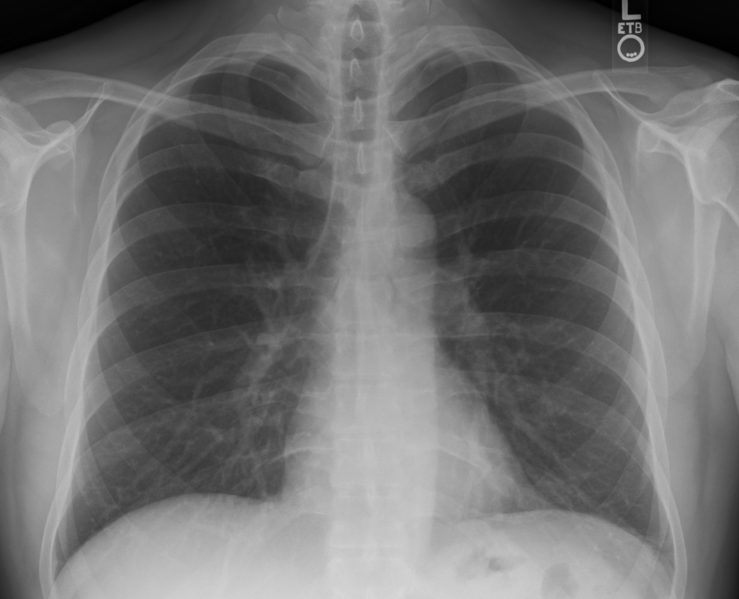Precision machined parts have to meet specific tolerances that the human eye can’t even come close to identifying. Medical precision parts take precision machining to a new level because not only do machined products need to be precise in terms of tolerance but the materials, process and equipment used to manufacture the parts have to meet certification/qualification standards.
One of the most common medical procedures done today is hip replacement surgery, and while it is generally a success, an increasing issue has become materials breaking down over time or not being manufactured correctly. People are living longer lives than they did over 100 years ago when Themistocles Gluck invented the implantable hip replacement, a ball-and-socket joint fashioned of ivory and affixed with nickel-plated screws.
Hip replacement ball and joint operations have improved over the years but still require the patient to be flayed open, bone cut and ground to install the new ball and socket, and then sown back together.
It’s painful and the recovery period is long. This is certainly not a procedure that anyone wants to repeat due to a part not being manufactured correctly or breaking down over the years. One tiny machining error can cause the body to reject the part, especially if the metal is not the correct composition and grade.
It is for this very reason medical parts need to be held to an extremely high standard.
Can you imagine a hip joint replacement failure or a recall on the product inside of your body?
For example, in August of 2010, a division of Johnson and Johnson, DePuy Orthopaedic, Inc., recalled its ASR XL Acetabular metal-on-metal hip replacement system after data revealed that approximately 12% of the 93,000 patients who received an ASR device needed “revision surgery”. This was not only a nightmare for the patients and Johnson and Johnson but a potentially deadly error as fragments left behind by the ASR device could be fatal.
One company, Protomatic, is the CNC contract manufacturer with the quality and precision it takes to produce medical components that can save lives and prevent recalls like the one mentioned above.
We know that our medical CNC machining and aerospace CNC machining result in parts that are critical — lives depend on the precision of our components. There is simply no room for error. So we take personal ownership in every project, from initial concept through manufacture.
Nature showcases a marvel of mechanical engineering in the human joint. The intricate mating of adjacent skeletal components coupled with their astounding durability under movements and stressful forces makes imitation nearly impossible – that is, until fairly recently.
Rapid prototype testing of custom CNC orthopedic implants not only enhances product quality but also improves the quality of human lives. Protomatic’s extensive testing capabilities complement their medical industry innovations by helping speed time to clinical trials and commercial launch.
With their ISO9001:2008 facilities, Protomatic has developed long-term partnerships in order to deliver custom CNC orthopedic implants to patients in need of high-quality, complex products stamped with individualized attention, and to help prevent people from having to spend more time and money on something like a hip replacement beyond the initial operation.
Protomatic’s attention to detail goes far beyond simply satisfying medical clients as customers rely on the company across numerous industries, including aerospace, military lands systems, alternative energy, automotive, and prototyping.
Each and every one of the customers Protomatic serves demands the same high quality level of certification and all customers benefit from these efforts as they become deeply entrenched in the work ethic of Protomatic.
Get More Information On Protomatic Precision CNC Manufacturing:
More on what it takes to be a reliable medical parts manufacturer:
The validation procedure for ISO138485 is one of the most rigorous validation processes as described by the US Food and Drug Administration (FDA). This is another reason Protomatic became certified to ISO13485, in order to stay on top of its game.
For many years, both the FDA and regulated industry have attempted to understand and define validation within the contexts of process validation terminology. From this, the FDA created validation guidelines for product, software and processes. The agreed terminology is based on four protocol; design qualification (DQ), installation qualification (IQ), operational qualification (OQ), and performance qualification (PQ). The following is a summary of each protocol.
DQ- Design Qualification of CNC Equipment
This protocol sets the stage and defines the Good Manufacturing Practices (GMP) required to meet regulations, defines functional specifications, safe operation of equipment, and aspects of installation and equipment maintenance. This is critical to part accuracy since selection and capability of the equipment is crucial to your product quality.
IQ- Installation Qualification of CNC Equipment
In this phase of qualification, we utilize the manufactures recommendations for the installation of the machine. We employ the machine manufacturer’s service technicians to perform equipment installation. This includes general machine assembly, electrical service, air supply, lubricant selection and verification, environmental checks, and machine levelness. Once installed, a full machine run and a ball bar test is used to verify that the production machine meets specifications. This process is the same for new and used equipment. Performance data, such as that from the ball bar test, is then recorded and a machine baseline is established for reference.
OQ-Operational Qualification
Operational Qualification objectives are also used to confirm equipment functionality as well as safety to staff, safety to the product, and that there are procedures covering the use of the equipment. Protomatic confirms functionality with Ball Bar Verification utilizing Renishaw QC20-W Ball Bar test. This confirms with a high degree of accuracy the CNC machine’s operational performance and I/O performance by measuring positional performance. The parts we make for you are difficult enough. This qualification of the machine relieves our machinist from concerns over its performance and repeatability.
PQ- Performance Qualifications
Performance qualification of mechanical parts is typically 100% specified by the customer, and, additionally, the parts are directly measureable. Part processes are documented and managed with a control plan. Risk Impact Assessment in the form of a Process Failure Effect Mode Analysis (PFEMA) is also critical in creating a consistently high quality product. However, equipment is the focus in the Performance Qualification. This protocol looks at the acceptance criteria for conditions such as power failure, software controls (Program Data Manager), maintenance, and trend analysis of equipment performance testing with a Ball Bar system.






